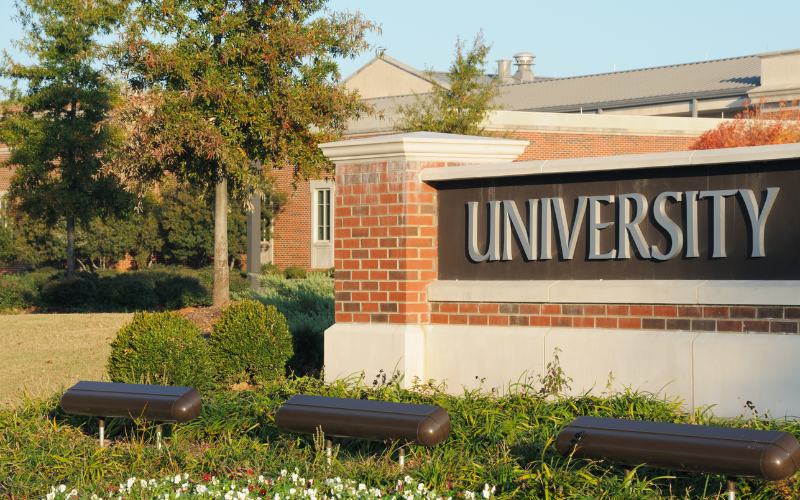When I read the press release that the Georgetown Center on Education and the Workforce had issued another report, I eagerly downloaded “The College Payoff: More Education Doesn’t Always Mean More Earnings.”
Using data from the American Community Survey, an annual survey conducted by the U.S. Census Bureau, researchers pooled data from 2009-2019. The data was limited to individuals ages 25-64 (a 40-year span was assumed for lifetime earnings).
The researchers compared differences in lifetime earnings for individuals based on their education, such as no high school degree, high school degree, some college, associate’s degree, bachelor’s degree, master’s degree, doctoral degree, or professional degree. Other factors included undergraduate major, occupation, industry, race and ethnicity, state, age, and gender.
From my perspective, there were no surprises in the findings. As reported in other papers and reports, more educated workers earn more over their lifetimes than less educated workers at the median.
However, the researchers reported not just the median earnings but the 25th percentile and the 75th percentile. They noted that not all workers with higher levels of education earn more than all workers with less education.
Notable data points that the researchers pointed out in the report included:
- 31% of workers with a high school diploma earn more than half of workers with an associate’s degree.
- 28% of workers with an associate’s degree earn more than half of workers with a bachelor’s degree.
- 36% of workers with a bachelor’s degree earn more than half of workers with a master’s degree.
- Associate’s degrees holders working in computer and mathematical occupations have the same median lifetime earnings as all bachelor’s degree holders.
- Workers with a bachelor’s degree in architecture and engineering have median lifetime earnings of $3.8 million, well above the $3.2 million median lifetime earnings for master’s degree holders.
- At the 75th percentile, those with a bachelor’s degree earn $4.1 million over their lifetimes, more than the median for workers with a master’s or doctoral degree.
- After age 30, professional degree holders have the highest median earnings by education level (which makes sense given that these programs are three to four years and in the case of medical professional degrees require lower paying internships and residencies).
- At age 40, professional degree holders have a median earnings 141% greater than age 25
The researchers built a tool that enables readers to view different scenarios of the data than the 13 figures published in the report. I found it to be a little confusing at first, but eventually figured it out.
Not surprisingly, earnings vary substantially by undergraduate major. The chart below illustrates that teachers with only a bachelor’s degree have the lowest peak lifetime earnings. Architects and engineers have the highest.
The report notes that earnings disparities continue to persist between males and females, as well as between whites and other races/ethnicities. Even though women now outnumber men at all educational levels, the researchers note that they are more concentrated in lower-paying majors, such as education and social services.
The federal government is likely the reason that the District of Columbia has the highest median lifetime earnings for bachelor’s degree holders at $3.3 million. The neighboring states of Virginia and Maryland are tied for third at $3.1 million, and Connecticut is second at $3.2 million. The same four states have the highest median lifetime earnings for master’s degree holders, ranging from $3.5 million to $3.8 million.
The researchers conclude their report with a recommendation that the career counseling system be expanded and improved for students at all levels. Their reasoning is that there are countless pathways for education and careers, and navigating that complexity is difficult. Improving the counseling beginning in middle school would give students the information that they need to make better decisions about their education and the occupation that will generate their lifetime earnings and enhance their well-being.
I agree with the recommendation of the researchers. As a first-generation college student (1GLI), I consider myself fortunate to have been awarded scholarships to attend private school and colleges. Those schools not only provided academic and career counseling, but they invited alumni to speak about their careers and provide networking and mentoring.
If all Americans had services like this available, who knows what the potential might be. It will be interesting to see if this research and recommendations gets any traction with the Biden administration.














